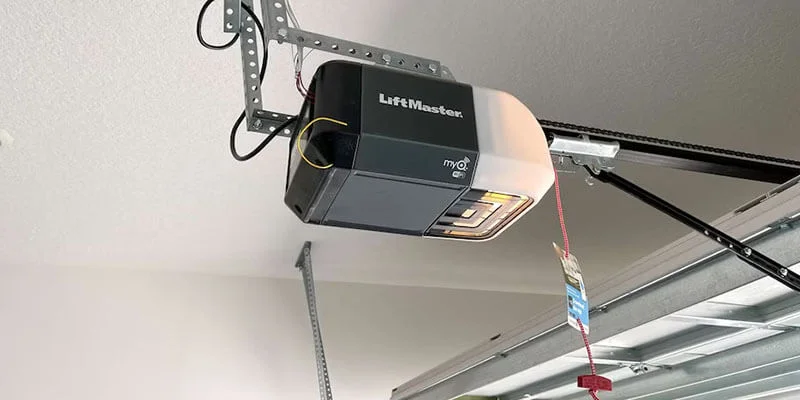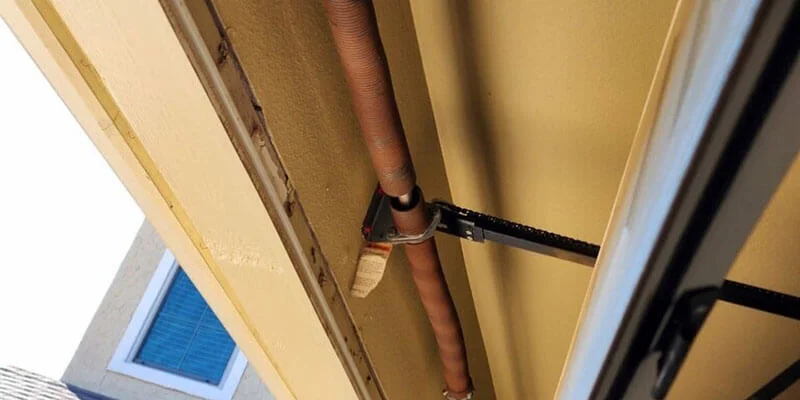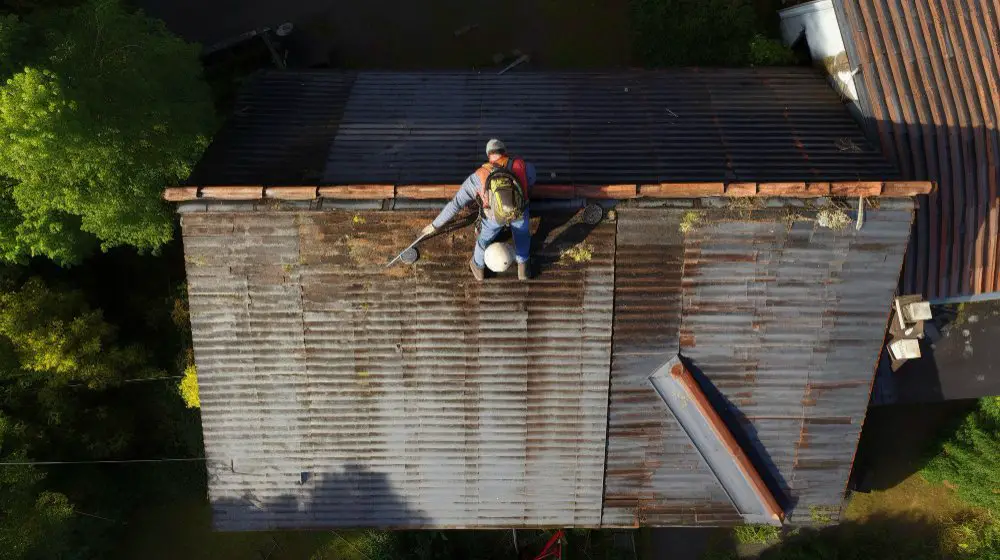The roofing world combines physical skill, perseverance, and a keen understanding of construction. Understanding the typical duration and phases of a roofing career is crucial for those contemplating a career in this field or already navigating their path on the rooftops.
The Early Years: Learning and Apprenticeship
A roofing career often starts with an apprenticeship or entry-level position. This phase is all about learning. Aspiring roofers spend their days mastering the basics of roofing materials, safety protocols, and installation techniques. This period is physically demanding and requires a strong commitment to learning. The duration of this phase can vary, but it typically spans several years, during which budding roofers transform from novices to skilled tradespeople.
The Growth Phase: Skill Enhancement and Specialization
Once the fundamentals are in place, roofers enter a skill enhancement and specialization phase. This is where many choose to focus on specific types of roofing—be it residential, commercial, or industrial—or specialize in particular materials like asphalt shingles, metal, or tiles. During this phase, which can last for a decade or more, roofers gain more profound expertise, take on more complex projects, and may start supervising smaller teams.
This period is crucial for establishing a reputation for quality workmanship and reliability. Many roofers consider further certifications, starting their own business, or joining a roofing franchise. Such steps can lead to greater autonomy and higher income potential.
Mid-Career: Stability and Reputation Building
The mid-career phase is marked by stability and reputation building. Experienced roofers at this stage have a solid base of skills and knowledge. This is often the time when professionals start to reap the rewards of their hard work through repeat clients, referrals, and a strong local or regional reputation.
At this stage, many roofers also begin to focus on business, running their own company, or taking on significant roles within a franchise. This shift often means less time on the roof and more time managing projects, teams, and client relationships.
Late Career: Mentorship and Transition
As roofers approach the latter part of their careers, the focus often shifts towards mentorship and planning for retirement. After decades in the industry, seasoned roofers hold a wealth of knowledge and experience, making them invaluable mentors for the next generation of roofers.
This phase is also a time to think about succession planning, especially for business owners. Some may sell their business or transition it to a family member or trusted employee.
Retirement: Reflecting on a Career Well-Spent
Retirement from roofing is a time for reflection. It’s an opportunity to reflect on the roofs built, the storms weathered, and the communities served. It’s also a time to enjoy the fruits of many years of hard work, whether that means traveling or simply enjoying a well-earned rest.
Conclusion
The duration of a roofing career can span several decades, filled with learning, growth, and eventual transition into mentorship and retirement. Like any career, it has its challenges and rewards. Still, for those passionate about building and maintaining one of the most critical components of any structure, it’s a journey worth taking.

















